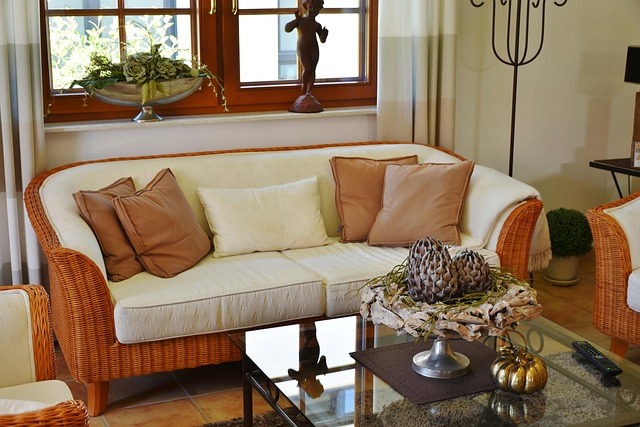College housing presents a unique challenge for students aiming to balance their vibrant social lives with academic focus. To navigate this, students must understand their privacy rights and communicate openly with roommates about personal space, noise levels, and boundaries. Proactive measures like regular check-ins and engagement with hall staff ensure mutual respect and comfort. Security features such as locks, key cards, strong passwords, and encrypted connections protect against unauthorized access to personal information during the bustling student social life. Clear communication about quiet hours and utilizing available spaces create a harmonious environment where students can maintain their personal sanctuary amidst the hustle and bustle.
Maintaining privacy is a critical aspect of college living, especially as students balance their academic pursuits with an active social life. In shared housing, understanding your rights, open communication, and implementing security measures are key to fostering a safe and comfortable environment. This article explores practical strategies for navigating the nuances of college housing, ensuring students can enjoy both their personal space and the vibrancy of student social life. From knowing your legal rights to creating secure digital environments, discover essential tips for thriving in shared living spaces.
- Understanding Your Privacy Rights in College Housing
- Communicating Openly with Roommates and Hall Staff
- Implementing Physical and Digital Security Measures
- Balancing Social Life and Personal Space in Shared Living Spaces
Understanding Your Privacy Rights in College Housing

Understanding your privacy rights is a fundamental aspect of navigating college housing, especially as students balance their academic pursuits with an active social life. In shared living spaces, it’s crucial to be aware of both legal protections and personal boundaries. Students have the right to expect certain levels of privacy, which are often enshrined in rental agreements and housing policies. These rights may include restrictions on access to personal spaces, such as bedrooms, and guidelines on visitor hours.
Knowing these rights empowers students to communicate openly with roommates and house mates about their expectations for privacy. It fosters an environment where everyone understands their role in maintaining a safe and respectful space, harmonizing the social aspects of college life with the need for personal privacy.
Communicating Openly with Roommates and Hall Staff

Maintaining privacy in shared college housing requires an open and honest approach with both roommates and hall staff. Effective communication is key to fostering a harmonious living environment, especially considering the close quarters students find themselves in during their collegiate journey. Starting conversations about personal space, noise levels, and respect for one another’s boundaries can set the tone for a successful academic year.
Students should feel comfortable discussing their needs and concerns with their roommates, perhaps scheduling regular check-ins to address any issues that arise from the dynamic nature of student social life. Similarly, connecting with hall staff about privacy matters demonstrates proactivity in ensuring a safe and comfortable living space. Open dialogue can help prevent misunderstandings and create a supportive atmosphere where everyone feels respected and heard.
Implementing Physical and Digital Security Measures

In shared college housing, where students often balance their academic pursuits with a vibrant student social life, ensuring privacy is paramount. Implementing robust security measures both physically and digitally is crucial to creating a safe space. Students can start by installing secure door locks, using key cards or codes for access, and ensuring windows are fitted with sturdy frames and reliable locking mechanisms. These physical barriers deter unauthorized entry, providing peace of mind.
Digital security is equally important in today’s interconnected world. Students should utilize strong, unique passwords for their personal devices and online accounts, enabling two-factor authentication wherever possible. Using secure Wi-Fi networks with encrypted connections and regularly updating antivirus software further protects against potential digital intruders. These measures safeguard personal information, ensuring students can maintain their privacy even while engaging in the dynamic college social scene.
Balancing Social Life and Personal Space in Shared Living Spaces

Balancing social life and personal space is a delicate act for students living in shared college housing. While the communal atmosphere fosters camaraderie and friendships, it also demands a mindful approach to carve out dedicated time and spaces for solitude. Students must navigate the fine line between engaging in vibrant student social life and preserving their personal sanctuary, especially as they adapt to new environments and routines.
To achieve this balance, clear communication becomes essential among roommates. Establishing early conversations about preferred quiet hours, study areas, and social expectations helps create a harmonious living environment. Additionally, leveraging available spaces within the residence—like private balconies or common rooms—can offer moments of retreat for individuals seeking some time alone amidst the bustling student social life.






